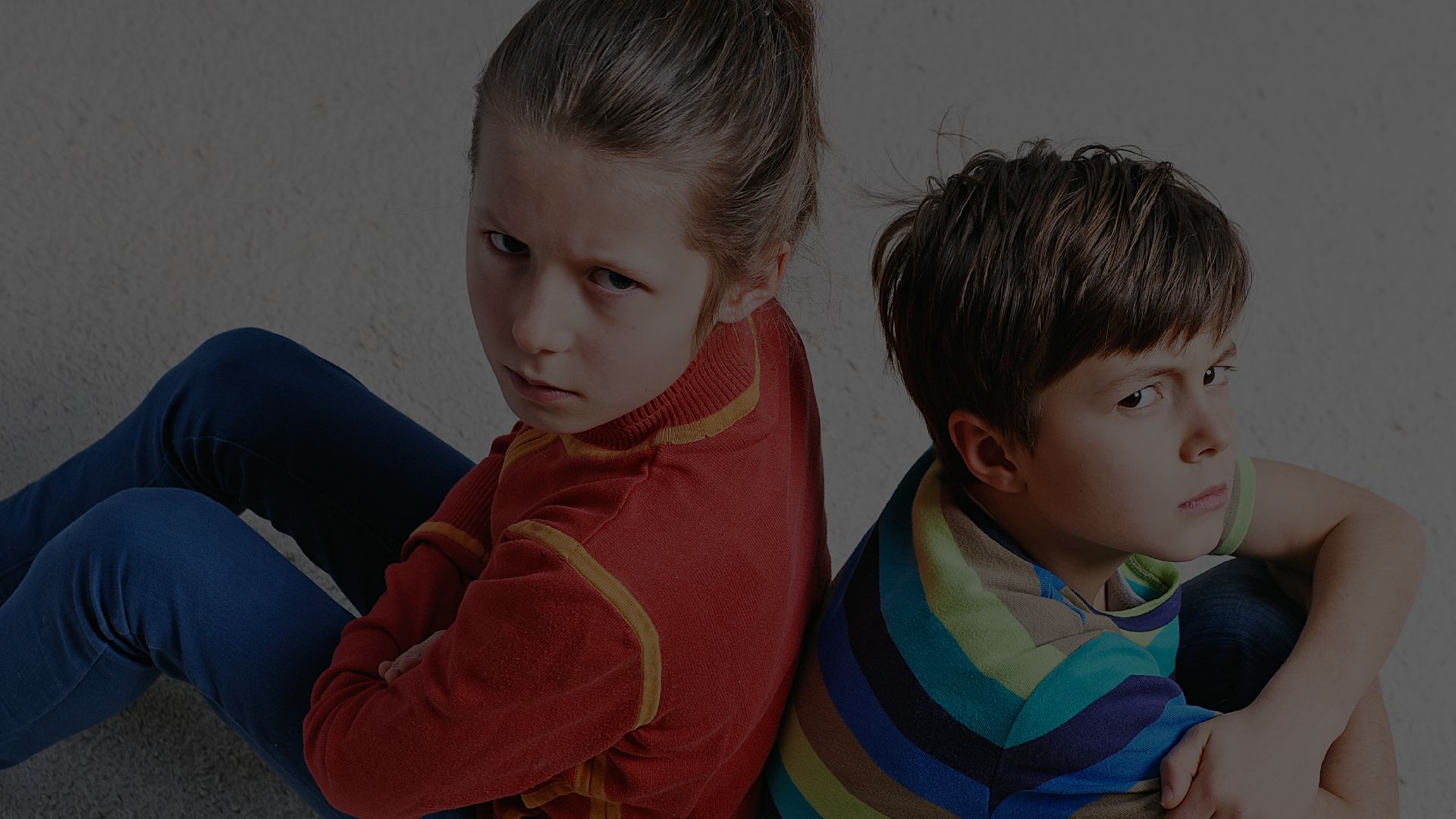Friendships are important, but your guidance and monitoring of activities are needed for your child to be safe and successful. As children grow, friendships take on new meaning and they are bound to have misunderstandings and fights with their friends.
As parents, it is painful to watch our children suffer hurt, rejection, and isolation when they fight with their friends. However, this is all part of the “growing-up” experience.Fights amongst friends can be emotional and hurtful at time, but your child eventually has to learn how to tackle these inevitable conflicts .
Here a few parenting tips for teaching conflict resolution:
Start with Empathy
If your child is upset about an argument with a friend, your understanding and comfort can help a lot. Although you might be tempted to point out what your child did wrong, your first job is to acknowledge how your child is feeling. You could say, “It hurt your feelings when he did that” or “You’re mad that she wasn’t playing by the rules.”
Explain the Friend’s Perspective
It takes lots of practice for kids to learn to imagine how someone else might be thinking or feeling. By describing a friend’s perspective, you can help your child move past simplistic and unproductive explanations along the lines of “He’s just mean!” Being able to imagine events from the friend’s perspective can help your child let go of anger and perhaps apologise or compromise.
Encourage Relationship Repair
An argument with a friend doesn’t have to mean the end of a friendship. Saying “I’m sorry” is often a good way to mend a rift, and being willing to forgive a friend’s mistake is an act of generosity.So, encourage your child to build healthy relationships with others.





